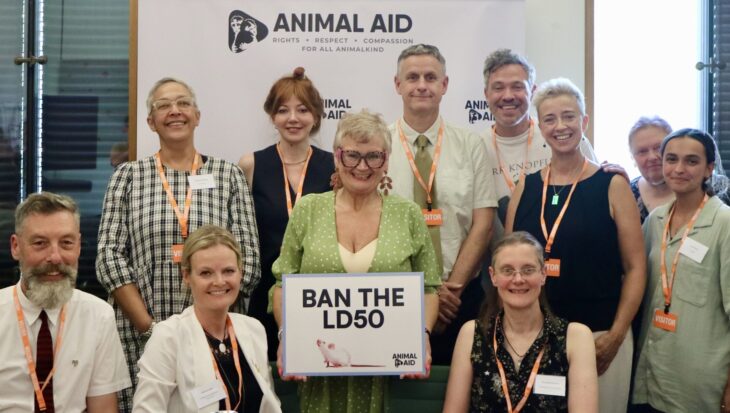Scientists have warned that drug companies are putting profits ahead of medical discoveries, and that they have spent the last decade developing drugs that have produced little benefit and caused considerable harm.
Writing in the British Medical Journal (BMJ), Professor Donald Light from the University of Medicine of New Jersey and Joel Lexchin from York University in Toronto, describe how most new drugs licensed simply involve minor alterations to existing products: ‘This is the real innovation crisis: pharmaceutical research and development turns out mostly minor variations on existing drugs and most new drugs are not superior on clinical measures. [They] have also produced an epidemic of serious adverse reactions that have added to national healthcare costs.’
The BMJ article (Pharmaceutical research and development: what do we get for all that money?) sets out how independent reviews indicate that 85-90 per cent of new drugs provide little benefit over existing treatments, with some causing serious side effects that led to their withdrawal. For example, Vioxx, a painkiller, is reported to have been responsible for between 88,000 and 160,000 heart attacks and strokes in the US alone before it was withdrawn. And Avandia, a diabetes drug, has been shown to increase the risk of heart failure by more than 40 per cent.
In a second paper from the same BMJ issue, researchers from the London School of Economics argue that drug manufacturers should be made to demonstrate that new drugs are superior to existing treatments before being granted a licence, rather than the current criteria of only having to show they are better than a placebo.
Read the full story in "The Independent"

